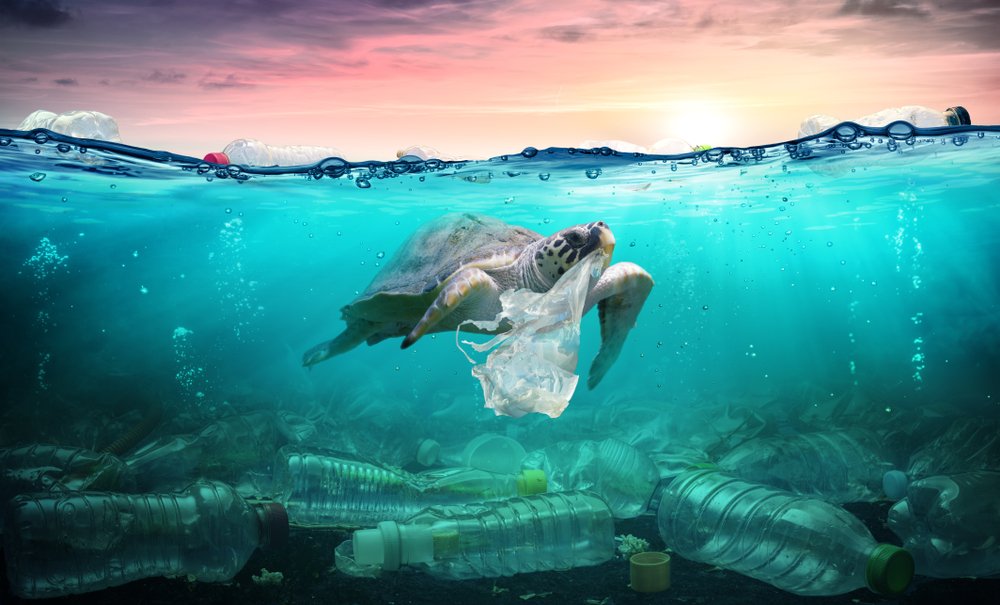
Comparing Linear and Circular Economies: A New Paradigm for Sustainable Growth
In today's rapidly evolving world, the way we produce, consume, and dispose of goods is becoming increasingly unsustainable. The traditional "Take, Make, Use, and Throwaway" model has long been the backbone of our economy, but its limitations are becoming more apparent. Enter the Circular Economy—a transformative concept that promises a more sustainable and equitable future. In this article, we'll delve into the intricacies of both economic models, compare their processes, and discuss why the Circular Economy is a superior alternative.The Linear Economy:
Take, Make, Use, and Throwaway
The Process
Extraction (Take): Natural resources are extracted from the Earth, often through unsustainable means, depleting finite reserves.
Production (Make): These raw materials are transformed into products using energy-intensive processes, often releasing pollutants and greenhouse gases.
Consumption (Use): Consumers purchase and use these products, which often have short lifespans and limited utility.
Disposal (Throwaway): Once the product reaches the end of its life, it is discarded, usually ending up in landfills or incinerators, contributing to environmental degradation.
The Drawbacks
Resource Depletion: Finite natural resources are consumed at an unsustainable rate.
Environmental Pollution: Production processes often result in harmful emissions and waste.
Waste Accumulation: Products end up as waste, contributing to landfill growth and pollution.
Economic Inefficiency: The linear model is inherently wasteful, as the value of products is not fully utilized.
The Circular Economy:
A Closed-Loop System
The Process
Sustainable Sourcing: Materials are sourced sustainably, often recycled or renewable.
Eco-Friendly Production: Products are designed and manufactured to minimize waste and environmental impact.
Extended Use: Products are designed for durability, and business models may include sharing, leasing, or refurbishing to extend product life.
Recycling and Regeneration: At the end of their life, products are not simply discarded. They are either returned to the production cycle or biodegrade naturally without causing environmental harm.
The Benefits
Resource Efficiency: Maximizes the utility of each product, reducing the need for new resources.
Reduced Pollution: Eco-friendly production methods and reduced waste contribute to a cleaner environment.
Economic Innovation: New business models like sharing and leasing create job opportunities and economic resilience.
Sustainability: A circular economy is designed to be sustainable in the long term, benefiting both people and the planet.
Conclusion: Why the Circular Economy is Superior
The Circular Economy is not just an environmental initiative; it's a complete paradigm shift in how we think about production, consumption, and waste. Unlike the linear economy, which is extractive and wasteful, the circular economy aims to create a closed-loop system that is restorative and regenerative by design.
By focusing on sustainability at every stage, the Circular Economy minimizes waste, reduces environmental impact, and creates a more equitable distribution of resources. It's not just a "better" system; it's the future of responsible and sustainable economic growth.
Embrace the future with Agile Waste Solutions, where we're committed to pioneering sustainable practices that align with the principles of the Circular Economy. Together, we can build a more sustainable and equitable world.

Help Make AWS a Force For Good.
Invest in a Greener Tomorrow, Today!
"Invest in a Greener Tomorrow, Today!
Your generous donation isn't just a contribution—it's a catalyst for change. By supporting Agile Waste Solutions (AWS), you're not just helping to build a business; you're empowering a revolution in the waste management industry.
Be a Change-Maker for the Global Economy: With your invaluable support, AWS will rise as a transformative force that benefits not just individual communities, but the entire planet. We're committed to creating a circular economy where waste becomes a resource, not a burden.
Our Promise is Unwavering: We won't rest until we've turned every piece of waste into a force for good. Your tax-deductible donation fuels groundbreaking initiatives aimed at tackling the climate crisis, preserving vital ecosystems, and protecting endangered species.
Your Impact, Amplified: Rest assured, every dollar you contribute will be strategically deployed to create the most substantial positive impact on our planet. Your charitable gift is more than a donation; it's a long-term investment in the health and well-being of Earth and its inhabitants.
Donate now and become a cornerstone in building a sustainable, equitable, and prosperous future for all."

